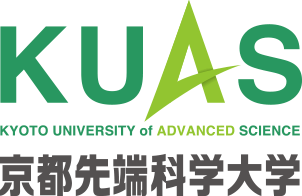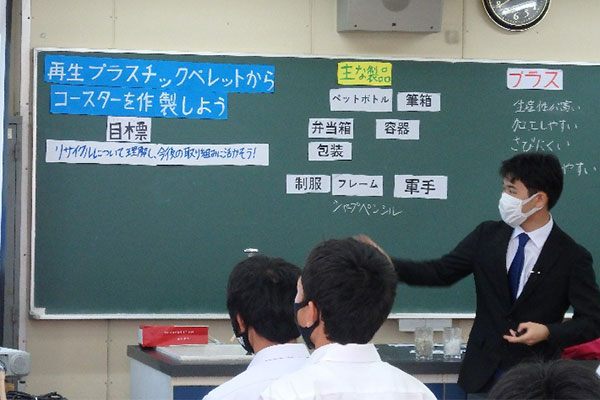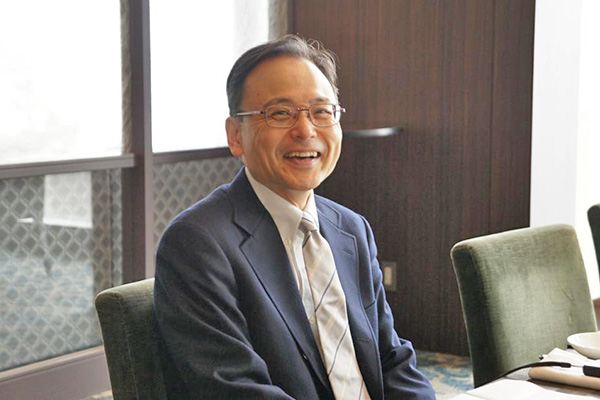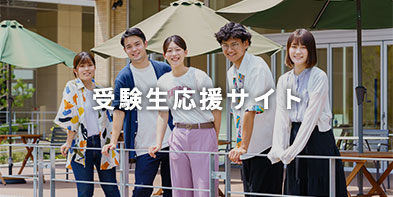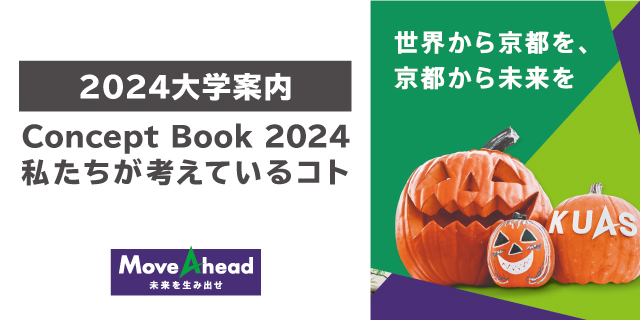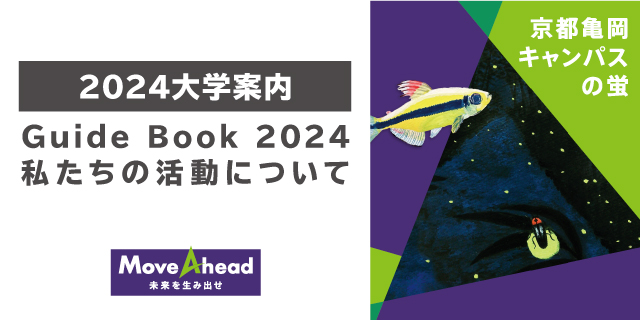ワクチンの 2 回接種はデルタ株など多くの変異株に対して重症化を阻止します。
ワクチン接種が原因で、何らかの病気による死亡者数は増えてはいません。
接種を受けた方に、流産は増えていません。
アレルギー疾患の患者さんについても、ほとんどの方でワクチン接種は可能です。ただし、接種直後に体調が悪くなったときに速やかに対応ができるよう、接種後は通常(15分間)より長く(30 分間)接種会場で待機して、変化が起きないかの観察を行っています。
詳しくは、日本アレルギー学会の下記声明文をご参照ください。
(健康医療学部 学部長 渡邊 能行)
日本アレルギー学会声明
新型コロナワクチン接種について Ver.1
一般社団法人日本アレルギー学会
1) 日本アレルギー学会として、ワクチン接種を推奨します。
全般的に見て、ワクチン接種により得られる感染予防効果と、起こりうる有害事象のリスクを比較すると、接種で得られる効果のほうがはるかに大きいと考えます。
- 海外からの報告ではワクチンの 2 回接種は、デルタ株など多くの変異株に対しても重症化を阻止する効果が報告されています。
- 国内外で、注意深い調査が行われていますが、ワクチン接種が原因で、何らかの病気による死亡者数が増えるという知見は得られていません。
- 海外の調査によれば、接種を受けた方に、流産は増えていません。
2) アレルギー疾患の患者さんについても、ほとんどの方でワクチン接種は可能です。
気管支ぜんそくの患者さんも接種が可能です。ぜんそくのコントロールが不良な状態で新型コロナウイルスに感染すると重症化するリスクが他の人より高いとする報告があるため、ぜんそくの治療等で通院・入院されている方は、「基礎疾患を有する者」として優先接種の対象となっています。
- 稀ではありますが、ワクチン接種後に軽いぜんそく発作を起こすとする報告があるため、医師から処方された薬剤の吸入・内服を日頃から確実に行い、接種前に体調を整えておくことをお薦めします。
食物アレルギーやアトピー性皮膚炎、アレルギー性鼻炎などのぜんそく以外のアレルギー疾患の方も、接種が可能です。また、多くの食物や薬剤など接種するワクチン成分以外のものに対してアレルギーを持つ方も接種は可能です。
- ただし、接種直後に体調が悪くなったときに速やかに対応ができるよう、接種後は通常より長く(30 分間)接種会場で待機して、変化が起きないかの観察を行います。
3) こういう人は接種を慎重に判断すべきと考えます。
過去に新型コロナワクチン(mRNAワクチン)に対してアナフィラキシーなど重いアレルギー反応を起こした方や、同ワクチンに含まれるポリエチレングリコール(PEG、※1)に対して重いアレルギー反応を起こしたことがある方への接種は推奨しません。また、PEG に似た構造を持つポリソルベート(※2)に対して重いアレルギー反応を起こしたことがある方への接種は、専門医による適切な評価と重いアレルギー反応が発症した時の十分な対応ができる体制のもとに限り接種を考慮するべきと考えます。
- (※1) 日本で承認されているポリエチレングリコールを含むワクチンは、ファイザー社の新型コロナワクチンと武田/モデルナ社の新型コロナワクチンです。ポリエチレグリコールは、一般に、病院で腸内検査をする際に用いる腸管洗浄剤の主成分であり、また、飲み薬や塗り薬、目薬等の添加物としても用いられます。医薬品以外では、ヘアケア製品や歯磨き粉等の医薬部外品に用いられており、保湿等を目的として化粧品にも含まれています。
- (※2)ポリソルベートも、医薬品の他、乳化剤などの食品添加物として様々な食品に用いられています。日本で既に承認されたポリソルベートを含んでいるワクチンは、沈降13 価肺炎球 菌結合型ワクチン(プレベナー13)、インフルエンザ HA ワクチン「第一三共」、組換え沈降 4 価ヒトパピローマウイルス様粒子ワクチン(ガーダシル)、乾燥細胞培養日本脳炎ワクチン(エンセバック)、5 価経口弱毒生ロタウイルスワクチン(ロタテック)、不活化ポリオワクチン(イモバックス)など複数存在します。
- ただし、ポリエチレングリコールやポリソルベートを含む製品が原因でアレルギー反応を起こしても、必ずしもポリエチレングリコールまたはポリソルベートそのものがアレルギー反応の原因とは限りません。ご心配な場合には、かかりつけ医やアレルギー専門医にご相談ください。
詳しくは、下記URLをご参照ください。
www.jsaweb.jp/modules/news_topics/index.php?content_id=585
<より詳しい情報を知りたい方は>
- 厚生労働省ホームページより 「新型コロナワクチン Q&A」
https://www.cov19-vaccine.mhlw.go.jp/qa/ - NHK特設サイト -新型コロナウイルス- 「新型コロナワクチン情報一覧」より Q&A一覧
https://www3.nhk.or.jp/news/special/coronavirus/
Breaking news: The Japanese Society of Allergology recommends vaccination.
Two doses of the vaccine are effective in preventing severe cases including those caused by the many variants such as the delta strain.
Vaccination has not increased the number of deaths from any disease.
The number of miscarriages has not increased among those who have been vaccinated.
People with allergic diseases can get vaccinated in most cases. However, in order to be able to promptly respond in the event that someone feels unwell immediately after vaccination, people with allergic disesases are asked to wait longer (30 minutes) at the vaccination site than the usual observation period (15 minutes) to observe for any changes after the vaccination.
For details, please refer to the statement from the society and the following URL.
www.jsaweb.jp/modules/news_topics/index.php?content_id=585
(Dr. Watanabe Yoshiyuki, Dean of Faculty of Health and Medical Sciences)
About Novel Coronavirus Vaccination Ver.1
Japanese Society of Allergology
1) The Japanese Society of Allergology recommends vaccination.
Overall, the benefits of vaccination in preventing infection seem to be far greater than the risks of possible adverse events.
- "Reports from overseas have shown that a two-dose vaccination is effective in preventing the development of severe cases including those caused by the many variants such as the delta strain, etc..
- Careful studies have been conducted both in Japan and abroad, and there is no evidence that vaccination increases the number of deaths from any disease.
- According to overseas surveys, the number of miscarriages has not increased among those who have been vaccinated.
2) Vaccination is possible in most people with allergic diseases.
People with bronchial asthma can also receive the vaccination. It has been reported that the risk of severe illness is higher in patients infected with the novel coronavirus when their asthma is poorly controlled, so those who receive treatment for asthma or are hospitalized as outpatients are eligible for priority vaccination under the category of “those with underlying medical conditions”.
- Although it is rare, there have been reports of mild asthma attacks after vaccination, so it is recommended that patients take the medication prescribed by their doctor and ensure that they are in good physical condition before vaccination.
People with allergic diseases other than asthma such as food allergies, atopic dermatitis and allergic rhinitis can also receive the vaccination. Vaccination is also possible for people who are allergic to many foods and medicines other than the vaccine ingredients.
- However, in order to be able to respond quickly to people who become ill immediately after vaccination, people with allergic diseases are asked to wait longer than usual (30 minutes) after vaccination and observe for any changes.
3) The following people should exercise caution when deciding whether to receive the vaccination.
Vaccination is not recommended to people who have had a severe allergic reaction such as anaphylaxis to the novel coronavirus vaccine (mRNA vaccine) in the past or who have had a severe allergic reaction to polyethylene glycol (PEG, (1)) contained in the same vaccine. In addition, if a person has experienced a severe allergic reaction to polysorbate (2), which has a structure similar to that of PEG, vaccination should be considered only under a system that allows for appropriate evaluation by a specialist and can adequately respond in the event of a severe allergic reaction.
- (1) The vaccines approved in that contain polyethylene glycol (PEG) are Pfizer’s Novel Coronavirus Vaccine and Takeda/Moderna’s Novel Coronavirus Vaccine. Polyethylene glycol is generally the main ingredient in intestinal cleansers used for bowel examinations in hospitals, and it is also used as an additive in oral medicines, ointments and eye drops. In addition to pharmaceuticals, it is used in quasi-drugs such as hair care products and toothpaste, and is also included in cosmetics for the purpose of moisturizing.
- (2) Polysorbate is also used as a food additive as an emulsifier, etc. in various foods in addition to pharmaceuticals. Several vaccines containing polysorbate have already been approved in Japan, including the 13 valent pneumococcal conjugate vaccine (Prevenar 13), the influenza HA vaccine (Daiichi Sankyo), the recombinant adsorbed quadrivalent human papilloma virus-like particle vaccine (Gardasil), the dry cell culture Japanese encephalitis vaccine (Ensevac), the pentavalent oral attenuated rotavirus vaccine (Rotateq) and the inactivated polio virus vaccine (Imovax), etc.
- However, an allergic reaction caused by a product containing polyethylene glycol or polysorbate does not necessarily mean that polyethylene glycol or polysorbate itself is the cause of the allergic reaction. If you have any concerns, please consult your physician or allergist.
< For more information >
- Coronavirus Vaccine Q & A on the Ministry of Health, Labour and Welfare website (Japanese page)
https://www.cov19-vaccine.mhlw.go.jp/qa/ - NHK Special Site
Novel Coronavirus - Q & A list from "Novel Coronavirus Vaccine Information Summary" (Japanese page)
https://www3.nhk.or.jp/news/special/coronavirus/
